Stagflation and why it matters
Analysts fear return to ‘toxic cocktail‘ of rising prices and sluggish economic growth
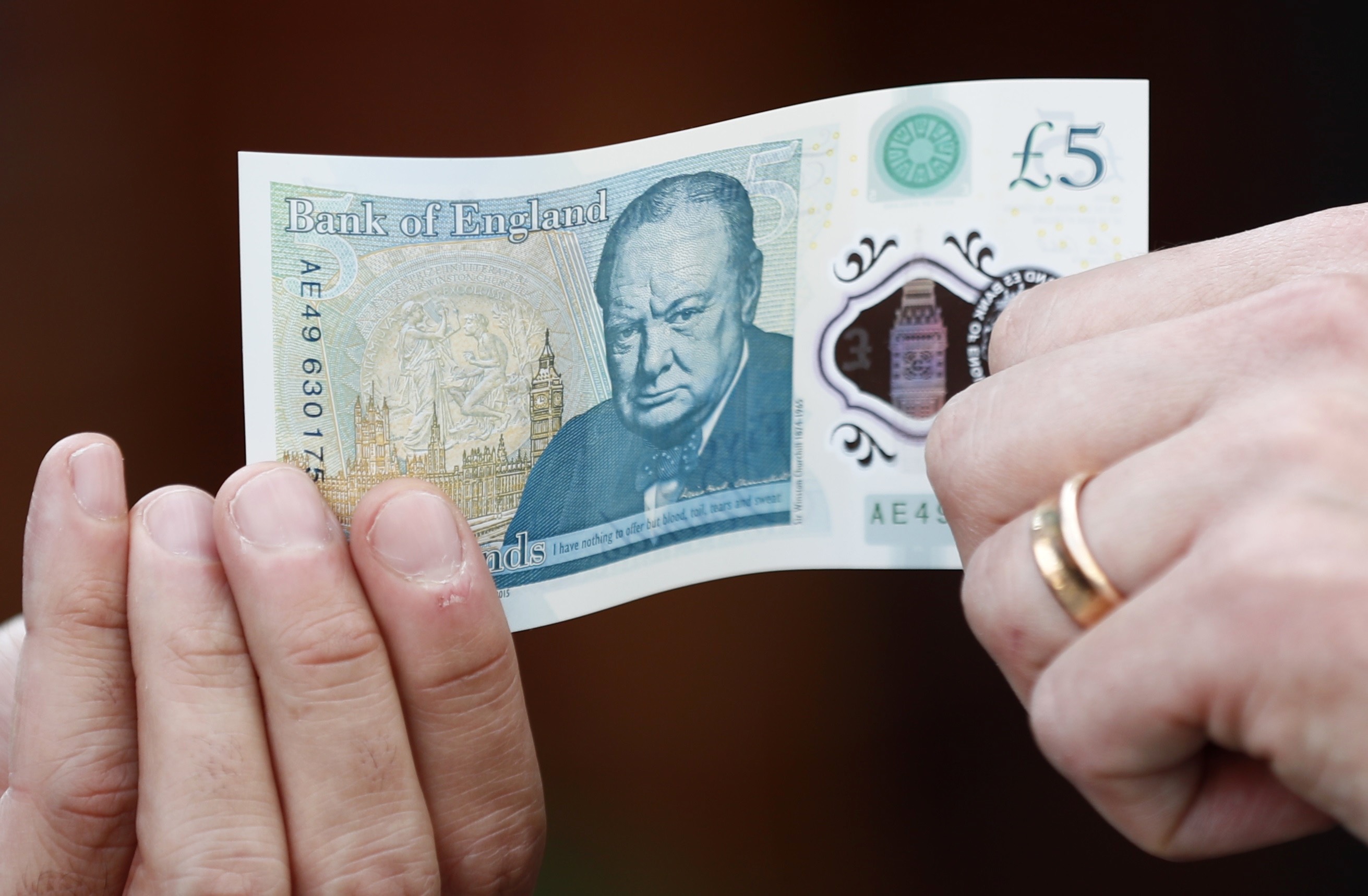
A free daily email with the biggest news stories of the day – and the best features from TheWeek.com
You are now subscribed
Your newsletter sign-up was successful
There are fears that a period of “stagflation” – the combination of price inflation and GDP stagnation – could be on the cards for the UK as business confidence collapses.
The Guardian said that supply bottlenecks, rising energy prices, fuel shortages and looming tax increases have joined forces to add to fears that Britain is “on course for a dose of 1970s-style stagflation”.
What is stagflation?
The Week
Escape your echo chamber. Get the facts behind the news, plus analysis from multiple perspectives.

Sign up for The Week's Free Newsletters
From our morning news briefing to a weekly Good News Newsletter, get the best of The Week delivered directly to your inbox.
From our morning news briefing to a weekly Good News Newsletter, get the best of The Week delivered directly to your inbox.
Normally, inflation falls in a recession because wages are squeezed and there’s less demand for goods and services.
However, stagflation is different. It’s “a toxic cocktail of stagnating growth and rising prices that leaves policymakers unable to tackle one problem without making the other worse”, explained The Telegraph in 2011.
The term originated with the Tory minister Iain Macleod, who coined it during a speech in Parliament in 1965. “We now have the worst of both worlds – not just inflation on the one side or stagnation on the other, but both of them together,” he told the Commons. “We have a sort of ‘stagflation’ situation.”
As well as the mid-60s, stagflation happened again when the 1973 Opec oil embargo triggered the worst period of stagflation in both the UK and the US. The soaring price of fuel choked economic output and simultaneously pushed up the cost of goods and services, causing high wage demands and spiralling inflation. As a result, people often use the phrase “1970s-style stagflation”.
A free daily email with the biggest news stories of the day – and the best features from TheWeek.com
Is it likely to return?
Nouriel Roubini, the “Doctor Doom” credited with predicting the 2008 financial crash, certainly thinks so. The economist has suggested that the “mild stagflation” of earlier this year could be followed by a more serious recurrence in the future, The New Statesman noted.
The Telegraph’s Jeremy Warner said that the “spectre” of the “dead hand” of stagflation has “long-haunted UK policymakers”.
He added that while “few would yet forecast a return to the completely debilitating levels of stagflation we saw in the 1970s”, a “milder version of it seems eminently possible as the economy struggles to recover from the ravages of the pandemic”.
The Times agreed that “the situation today is still a far cry from that of the 1970s, when inflation peaked at 25% and was well above 8% for much of the decade”.
However, it added that “it is becoming clear that Britain faces particular stagflation risks” because “the end of free movement has effectively shrunk the domestic labour market from 450 million people to 60 million, creating severe shortages across multiple sectors”.
It also blamed new customs and regulatory barriers to trade with the European Union, escalating tensions with the EU over the Northern Ireland protocol and fishing rights, plus the end of the furlough scheme, which is likely to lead to a rise in unemployment, putting further pressure on growth.
Does it matter?
Yes, said The Telegraph. When there is stagflation, “households suffer, as the weak labour market means wages do not keep pace with wider price rises in the economy”, it said.
Also, solving the problem is easier said than done, explained MoneyWeek. It noted that stagflation is “difficult for policy makers to tackle” because “high inflation makes it hard for central banks to cut interest rates with the aim of stimulating the economy, yet raising rates to tackle inflation will only exacerbate weak growth”.
Jim Leaviss, head of public fixed income at M&G Investments, told the Financial Times that stagflation would put central banks “in a bind” because “hiking [rates] will reduce demand a little bit and strengthen the currency, but it will have no impact on supply chain issues” and “won’t bring back lorry drivers”.
Chas Newkey-Burden has been part of The Week Digital team for more than a decade and a journalist for 25 years, starting out on the irreverent football weekly 90 Minutes, before moving to lifestyle magazines Loaded and Attitude. He was a columnist for The Big Issue and landed a world exclusive with David Beckham that became the weekly magazine’s bestselling issue. He now writes regularly for The Guardian, The Telegraph, The Independent, Metro, FourFourTwo and the i new site. He is also the author of a number of non-fiction books.
-
 6 of the world’s most accessible destinations
6 of the world’s most accessible destinationsThe Week Recommends Experience all of Berlin, Singapore and Sydney
-
 How the FCC’s ‘equal time’ rule works
How the FCC’s ‘equal time’ rule worksIn the Spotlight The law is at the heart of the Colbert-CBS conflict
-
 What is the endgame in the DHS shutdown?
What is the endgame in the DHS shutdown?Today’s Big Question Democrats want to rein in ICE’s immigration crackdown
-
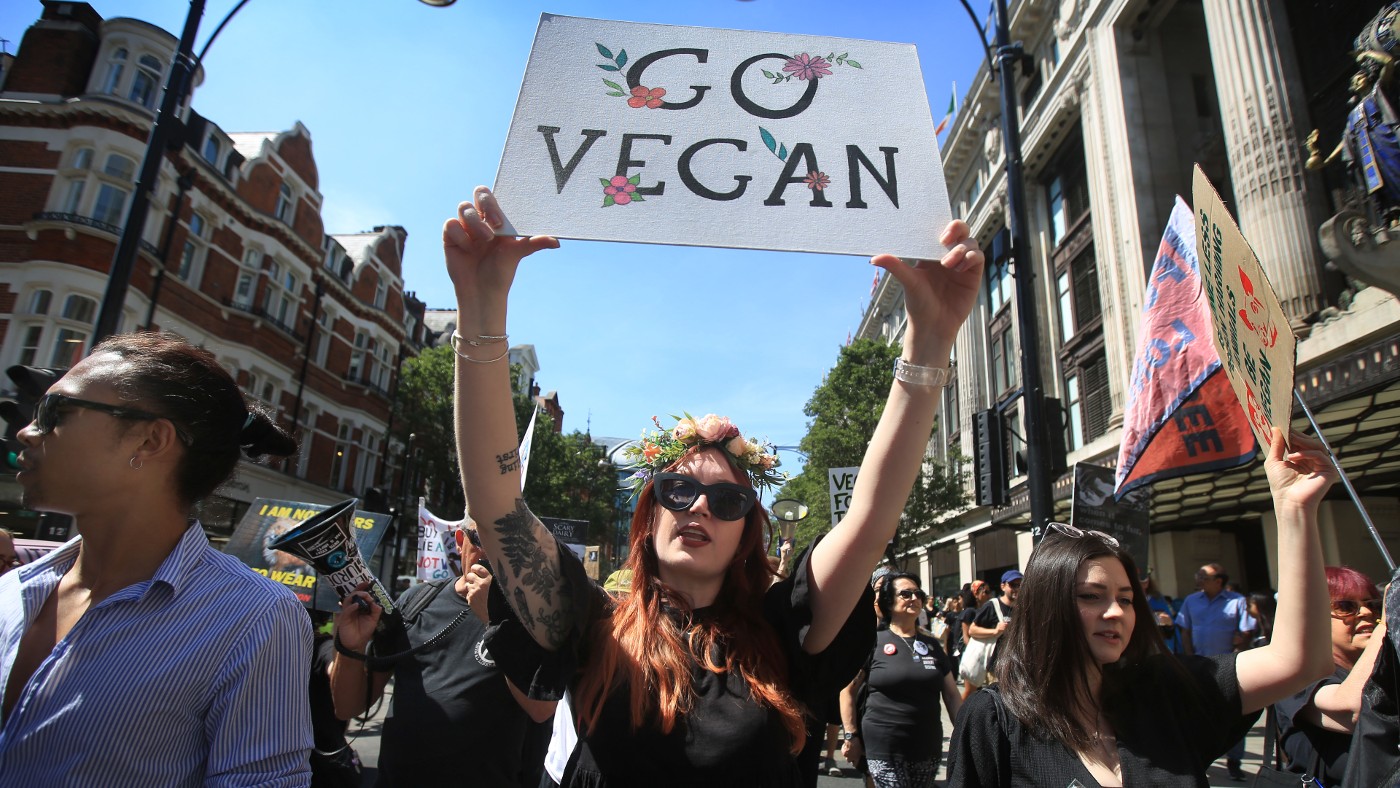 Top chef tells vegans to ‘f*** off’
Top chef tells vegans to ‘f*** off’feature And other stories from the stranger side of life
-
 ‘Rapid food price rises can spill over into civil disorder and even revolutions’
‘Rapid food price rises can spill over into civil disorder and even revolutions’Instant Opinion Your digest of analysis from the British and international press
-
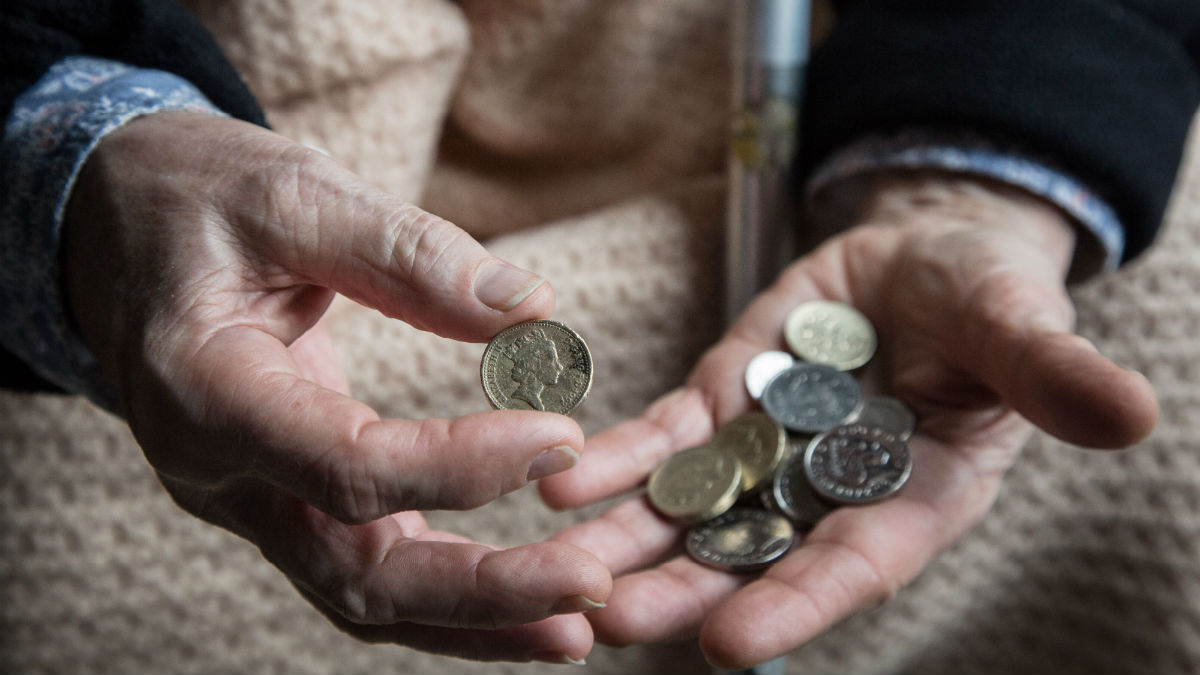 ‘We are in danger of inflicting a humanitarian calamity’
‘We are in danger of inflicting a humanitarian calamity’Instant Opinion Your digest of analysis from the British and international press
-
 The Week Unwrapped: French symbols, pay rises and spring
The Week Unwrapped: French symbols, pay rises and springpodcast Is France about to take an illiberal turn? Is it a bad thing if we all earn more? And is winter coming to a premature end?
-
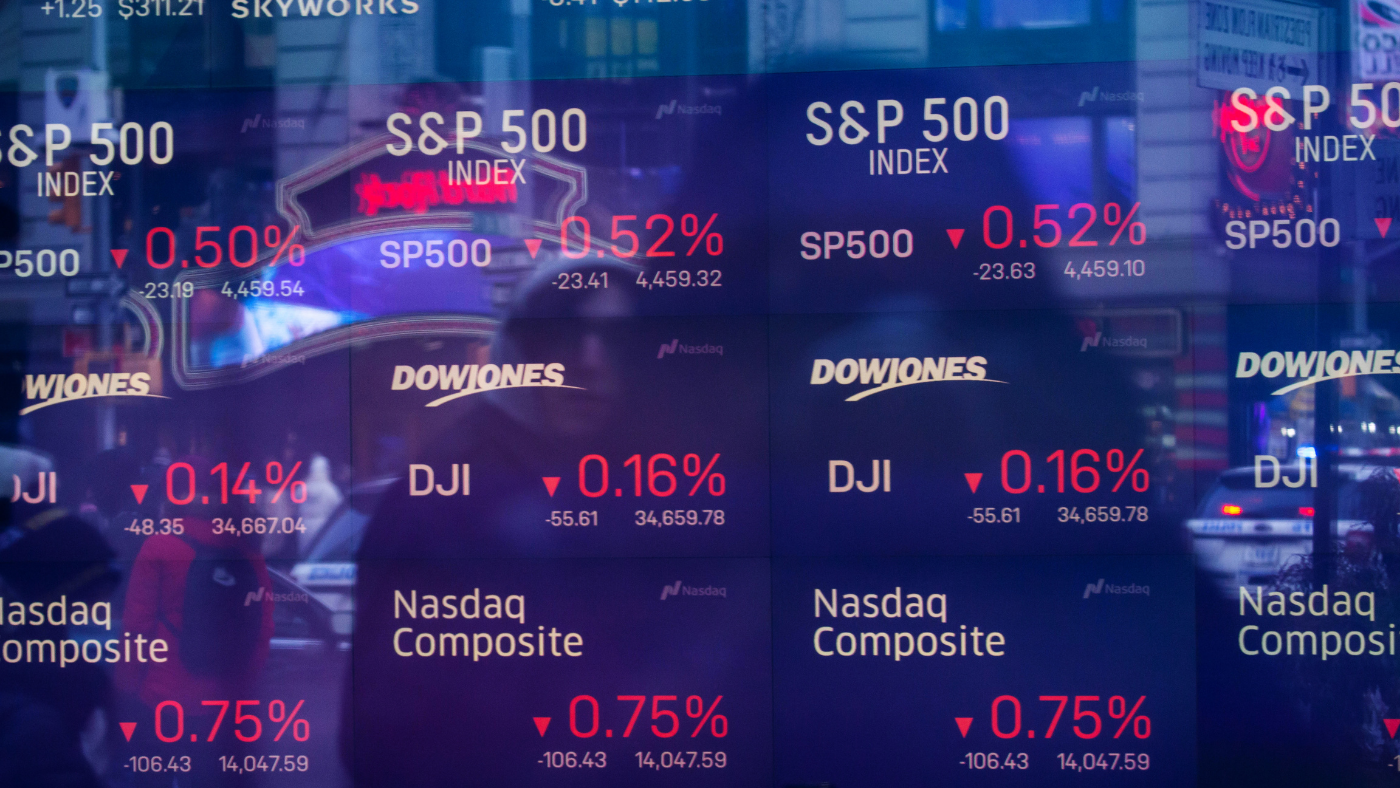 ‘The pandemic’s stock market stars are getting hammered now the WFH bubble is bursting’
‘The pandemic’s stock market stars are getting hammered now the WFH bubble is bursting’Instant Opinion Your digest of analysis from the British and international press
-
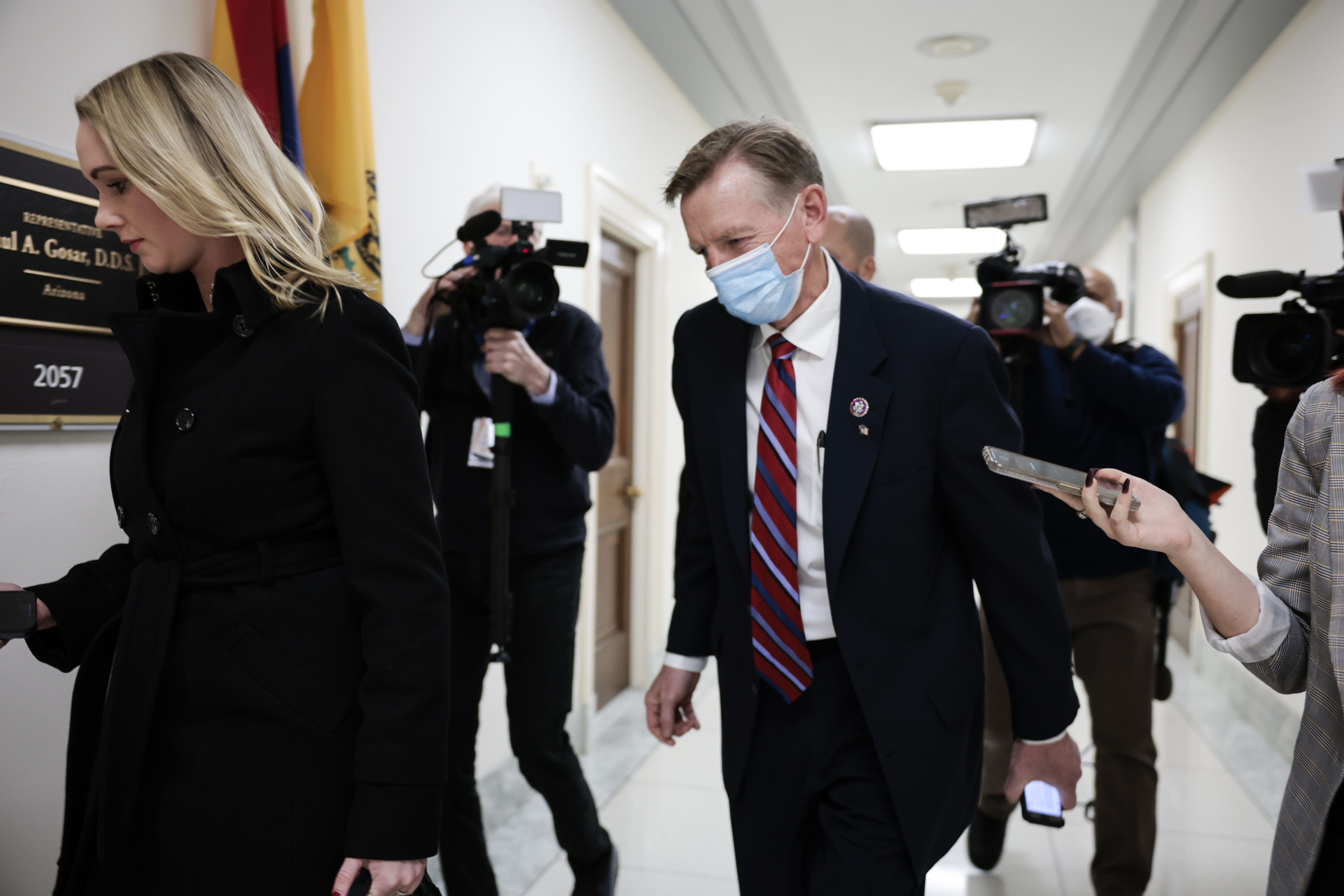 10 things you need to know today: November 18, 2021
10 things you need to know today: November 18, 2021Daily Briefing The House censures Gosar over violent anime video, Biden asks regulators to examine energy firms' role in rising gas prices, and more
-
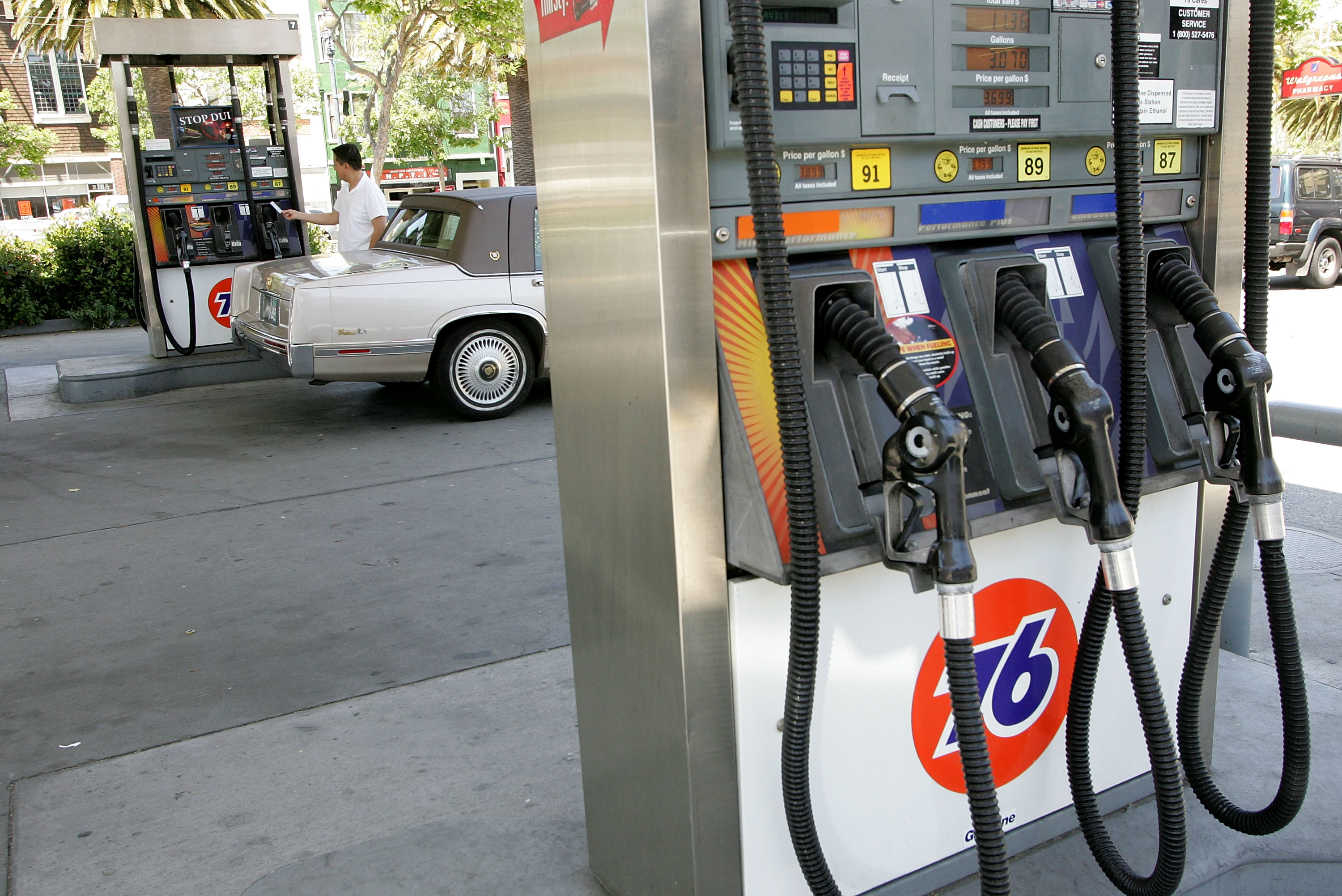 California pump prices hit record high
California pump prices hit record highSpeed Read
-
 ‘It is hard to justify the Bank of England misleading the market’
‘It is hard to justify the Bank of England misleading the market’Instant Opinion Your digest of analysis from the British and international press